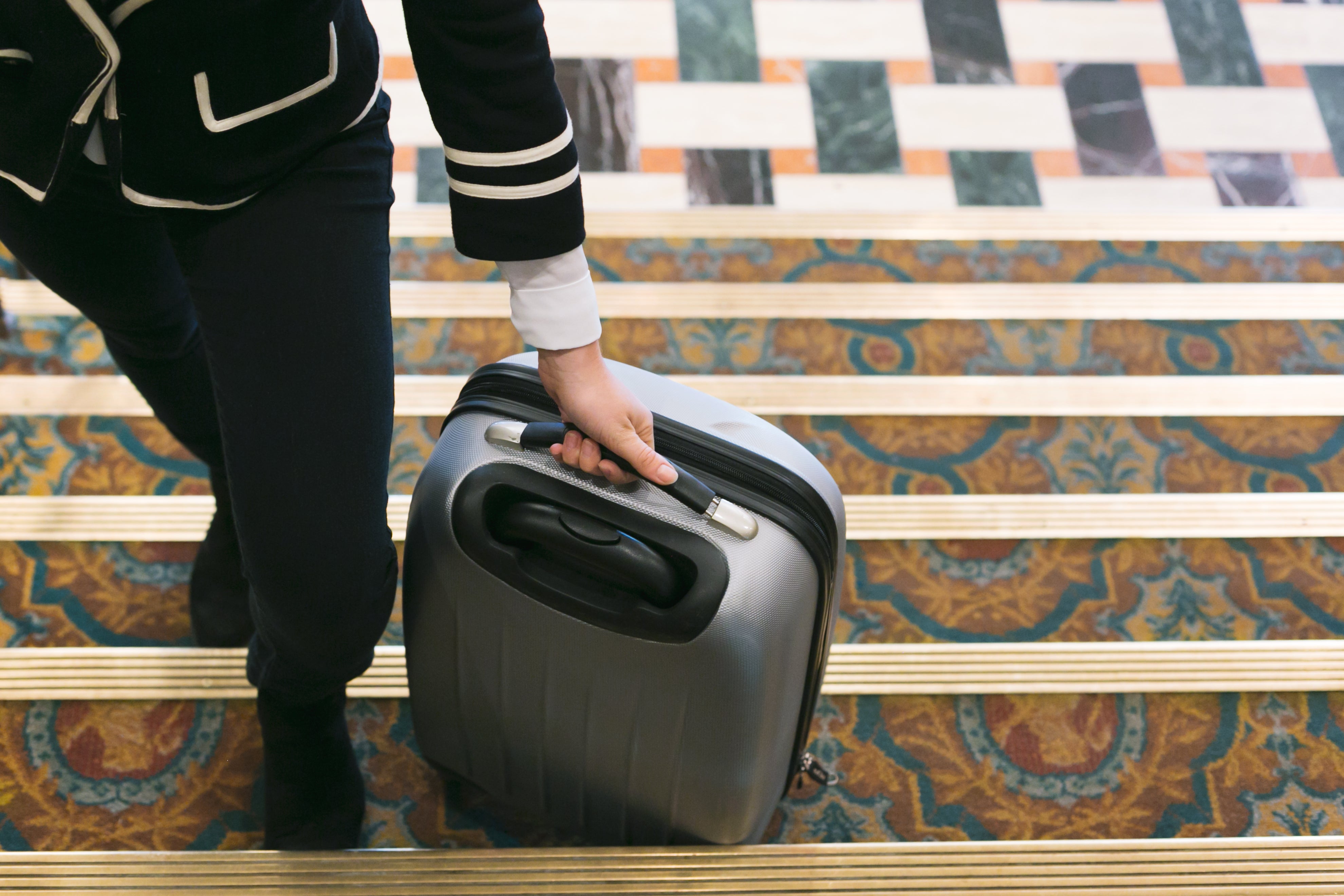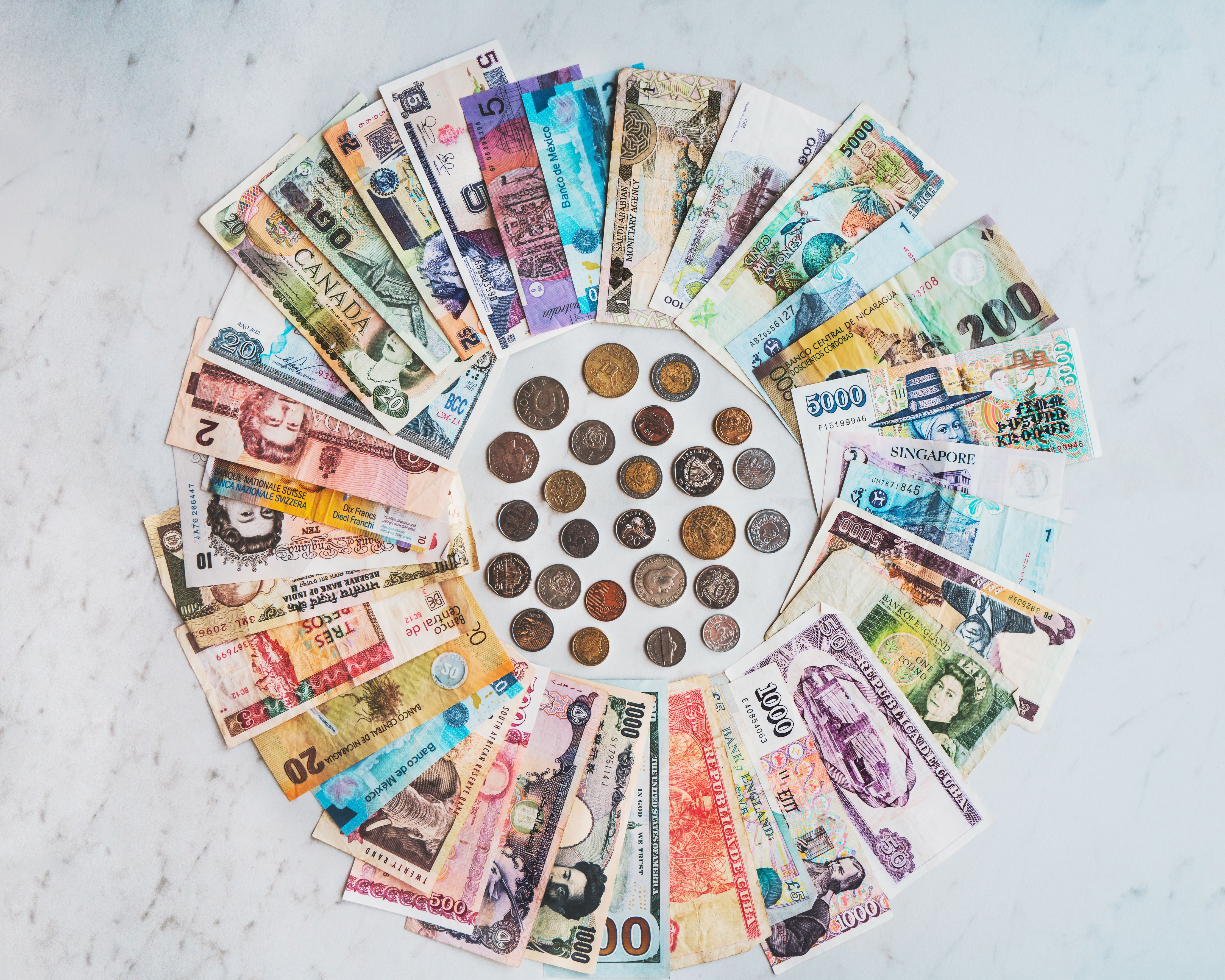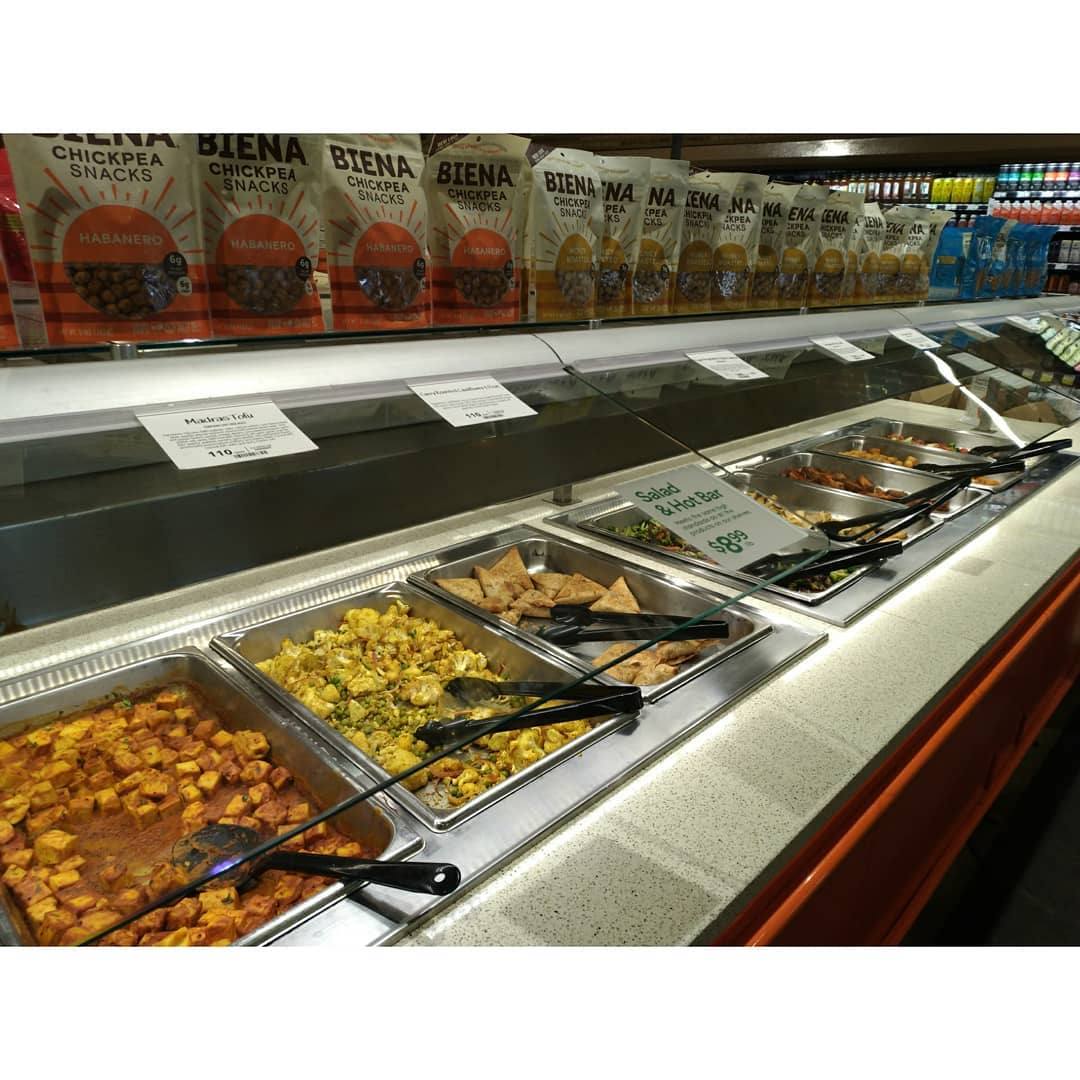Welcome! If you're here, you probably also feel that pull to explore new places like we do, a desire we believe is deeply woven into the human spirit. Yet, recent years have sharpened our awareness that wandering the globe often leaves a heavy footprint. The good news? Travel doesn't have to mean compromising the planet or the communities we visit. Sustainable travel is about finding that balance: satisfying our curiosity while actively protecting the environment, respecting local cultures, and ensuring our spending benefits the people who live there.
Think about the downsides of unchecked tourism: rising carbon emissions from flights, mountains of plastic waste left behind, and local economies losing heritage as it caters to tourists. Responsible tourism practices aim to flip this script. Instead of just taking, we focus on contributing positively, making sure the money we spend actually supports local families and businesses, not just distant corporations.
This isn't about guilt tripping; it's about enriching our own experiences. Traveling sustainably often leads to more authentic connections and unforgettable moments. Documenting these journeys, as we document in our diary, can also show others that mindful exploration is not only possible but deeply rewarding. We had the opportunity to meet and stay with Mara in Daylesford, work with the locals in community gardens in Sydney + San Francisco, even visit a zero waste family in Melbourne.
Remember, it’s up to you to choose how much effort you want to put into being sustainable on your travels. Will you opt for compostable single-use items when necessary? Maybe try public transport instead of driving, even just once? What matters most is the mindset. We know it’s pretty much impossible to be truly 'zero waste' in today’s world, but every small step toward a circular economy makes a difference.
Choosing Destinations with Sustainability in Mind
Now that we understand why sustainable travel is important, let's consider the 'where'. Selecting your destination is a foundational step in green travel planning. It requires looking beyond the usual tourist hotspots and glossy photos. Start by researching places actively working towards sustainability. Are there well-managed national parks? Does the government have clear environmental policies? I know that this is rarely a reason to choose a destination, but if you're tired of the standard Eiffel tower tourist travel, how about try a sustainable travel instead? It can be pretty cool!
Consider embracing 'slow travel', ( a luxury most people may not have) Instead of hopping between cities every few days, staying longer in one region allows for deeper cultural immersion and reduces your overall transport emissions. Often, choosing less famous, 'off-the-beaten-path' locations can lessen the environmental pressure on over-visited areas and lead to more unique discoveries. It's perfect if you don't want to be too "touristy"!
Think practically too. Does your potential destination have reliable public transport options? Do they compost? How easy is it to find recycling bins? Can you readily access locally grown food in markets and restaurants? Asking these questions helps ensure your chosen location aligns with your intention to travel more lightly on the earth.

Selecting Accommodations
To be honest, I think accommodation is one of the subjects that don't matter *as* much. Pick something that works for your budget and routine. (I like to cook, so I usually book something that has a shared kitchen) There are some interesting options you can look into, like WWOOFing or Farm Stays which we have done in the past in Melbourne, Australia. It was a permaculture homestead, where we helped out and received accommodation and meals in exchange. It was great!
Once you've picked a destination committed to greener practices, the next step is choosing where you'll actually stay. This part of your planning acts as an eco-friendly travel guide specifically for lodging. Thankfully, the range of sustainable options is growing. You might find certified eco-lodges nestled in nature, hotels boasting green certifications like Green Key or LEED (Leadership in Energy and Environmental Design), charming locally-owned guesthouses, or homestays that offer genuine cultural exchange.
Don't just take labels at face value. Look for concrete evidence of sustainable practices. Do they use renewable energy sources like solar panels? Have they implemented water-saving measures in bathrooms and kitchens? What are their waste reduction and recycling programs like? Do they actively avoid single-use plastics and prioritize sourcing food and supplies locally? While some booking platforms offer 'eco' filters, it's always wise to visit the accommodation's own website or contact them directly to verify their claims.
Also, consider the location itself. Choosing accommodation that's easily accessible by foot, bicycle, or public transport significantly cuts down on the need for taxis or rental cars, reducing your local emissions footprint.
Are there Eco-Conscious Accommodation Options?
Kinda, but it's not very straightforward. Currently there isn't any standard certification for sustainable lodging. Some popular apps like Booking.com has filters for Sustainability certification, but you have to read the fine print, it may just be LEED building certified, or perhaps Green Key Eco-Rating certified hotel. Ideally it's nice to find a place that uses reusable energy, limited single use toiletry, but in the grand scheme of things this is one that I (personally) believe has a smaller impact. Don't get me wrong, plenty of hotels have way too much waste, it's good that some governments are taking initiatives to reduce that.
Minimizing Your Travel Carbon Footprint
Addressing how we get to and move around our destination is critical for reducing our environmental impact. Transportation is often the largest source of carbon emissions for any trip, so exploring low-impact travel ideas here makes a big difference. Whenever feasible, trains and buses are significantly better choices than flying or driving alone, especially for journeys under several hundred miles. Think of the scenery you can enjoy from a train window versus the inside of an airport.
If flying is unavoidable, you can still make choices to lessen its impact. Opt for direct flights whenever possible, as takeoffs and landings consume the most fuel. Flying economy (I know, it sucks) means more people share the emissions burden per flight. Packing light also helps (but who does, really?) less weight onboard means slightly less fuel burned. You might hear about carbon offsetting, which involves paying to fund projects that reduce emissions elsewhere (like tree planting or renewable energy). While it can be a supplementary measure, it's not a free pass. Reducing your emissions directly should always be the priority. If you do offset, research programs carefully to ensure they are reputable and effective. (We purchase Carbon Offset at Wren)
Once you arrive, prioritize local transport. Walking and cycling are the greenest options and often the best ways to discover hidden gems. Make use of local buses, trams, or subways instead of relying heavily on taxis (Ride shares) or rental cars. It’s often cheaper and provides a more authentic local experience too.
Packing Light and Smart for Less Waste
Moving beyond transport and lodging, what we pack directly influences how much waste we generate on the road. Adopting a minimalist mindset isn't just about sustainability; it genuinely makes travel easier. Less luggage means less hassle navigating airports and train stations, and as mentioned, less weight on transport. Offering practical sustainable travel tips starts with what goes into your bag.
Focus on reusable items to avoid single-use disposables. Assemble your essential zero-waste travel kit with items like these:
- Reusable water bottle (consider one with a filter for wider usability, especially if the destination you're traveling to potable drinkable water isn't as easy to get, I use a silicone one for easy packing when not being used.)
- Reusable coffee cup or thermos: if you're a avid coffee drinker like me, this is a must pack! Check out my travel coffee kit here.
- Set of reusable cutlery (bamboo, metal) If you're a fan of Boba Tea, then include a straw!
- Reusable food container(s) for leftovers or market snacks. We also use a silicone one for easy packing. It's extremely versatile so I highly recommend!
- Foldable cloth shopping bag / tote bag(s) If you already have one that is made from polyester, keep that as it's light and durable so great for traveling.
- Cloth napkin or handkerchief. Bring this if you have a reliable way of washing them.
- Small mesh bags for produce. For me this is such a game changer, so easy to purchase fruits and veggies, grains.
- Plastic free toiletries. Bring your own! We rarely stay in hotels, so this is already something I'm used to packing. Also, you get to choose what you're used to using. (My hair has always complained about hotel provided shampoo)
You can find examples of items we use and recommend in our essential resources list. Toiletries sometimes can be underrated. Solid shampoo and conditioner bars, toothpaste tablets, or simply refilling small, durable containers you already own drastically cut down on plastic waste compared to travel-sized disposables. Carry a small pouch or bag specifically for collecting any recyclables or trash you generate until you find appropriate disposal bins. It’s a small habit that makes a noticeable difference.
Engaging (Responsibly) with Local Communities
Sustainable travel can extend beyond environmental concerns; We believe it can be deeply connected to how we interact with the places and people we visit. This means consciously choosing actions that benefit the local community and show respect for their culture. Make a point to prioritize locally-owned businesses. Eat at family-run restaurants, buy souvenirs from local artisans rather than generic shops (full of plastic), hire local guides, and choose accommodations run by residents. This ensures your money directly supports the local economy. This can be more than just supporting them! It's a great opportunity to connect with the locals and make new friends.
Our interactions should also extend to the natural environment. Adhere strictly to 'Leave No Trace' principles when hiking or visiting natural areas. Avoid activities that exploit animals, such as elephant rides or shows with captive wildlife. Never feed wild animals, as it disrupts their natural behaviors. Be mindful in fragile ecosystems like coral reefs by not touching or standing on coral. If considering volunteering, research organizations thoroughly to avoid 'voluntourism' outfits that may do more harm than good. Also be mindful of Visa restrictions! Some countries don't allow volunteering even if you're doing it for free. Our aim should always be to leave places and communities better, or at least no worse off, than we found them, drawing inspiration from positive interactions like our experiences shared from Taiwan.
Eating and Drinking Sustainably on the Road
What we eat and drink while traveling offers another significant opportunity to make sustainable choices. Actively seek out food that is local and seasonal. Visiting farmers' markets is a fantastic way to do this; you get fresh, delicious produce while supporting local growers directly. Even if you're not cooking, many markets also have great local bakeries and food stalls. It's also a great chance to interact with real human beings. (Something that is underrated but important)
Choose restaurants that highlight where their ingredients come from. (This can be hard, depending where you're going) Opting for vegetarian or plant-based meals more often generally carries a lower environmental footprint due to the resources required for meat production. You might even find inspiration in simple, packable options great for when you're in a hurry or on the road. (Check out our 2 day meal prep for the cross country Amtrak train ride!)
Reducing waste related to food and drink is straightforward with a little preparation. Make your meals more sustainable with these simple actions:
- Prioritize restaurants sourcing local and seasonal ingredients.
- Explore local farmers' markets for fresh produce and snacks.
- Order portion sizes mindfully to avoid leftovers.
- Carry reusable containers for takeaway or uneaten food.
- Always have your reusable water bottle and refuse single-use plastic bottles.
- Say no to plastic straws or carry your own reusable one.
- Use your reusable coffee cup for hot drinks.
- Choose vegetarian or vegan meals more often.
Supporting food vendors who visibly use non-disposable tableware is an effortless way to reduce waste.
Continuing Your Sustainable Journey Back Home (don't forget about Staycations!)
The end of a trip isn't the end of the sustainable journey. Take some time to reflect on your travels. What eco-friendly habits worked well? Which reusable items were most useful? What challenges did you face, and how could you approach them differently next time? You'll likely find that many of the sustainable practices you adopted while traveling—carrying reusables, conserving water and energy, choosing local products, reducing waste—are just as applicable and beneficial in your daily life back home. Sustainable travel isn't a separate activity; it's part of a broader commitment to living more mindfully. Consider it an ongoing process of learning and improving. We believe here at Zero Waste Travel Diary, it's not just about waste, but also about being mindfulness.
Also this is a great time to lookup local spots near your home to take a vacation! Staycations are great since they have minimal travel carbon output, can be quite affordable, and possibly less stress then visiting a new country. Now, start dreaming and planning your next thoughtful adventure whether is is at home or abroad!
Bonus: Where does your money sleep?
This is a topic that’s often overlooked, even though it can have a far greater impact than we realize. It’s easy to focus on visible actions like refusing plastic straws or using reusable bags — tangible habits we can see. (Which are equally important!) But behind the scenes, money plays a huge role in how we live and travel — especially when we're saving up for a sustainable trip. So, one powerful place to start is before you even pack your bags: who are you banking with? Curious? Learn more about greener banking and ethical investing here. (And don’t worry — this is still a travel blog, not financial advice!) But the (not so simple) task of switching banks can easily reduce the amount of carbon emissions as your travel vacation.








